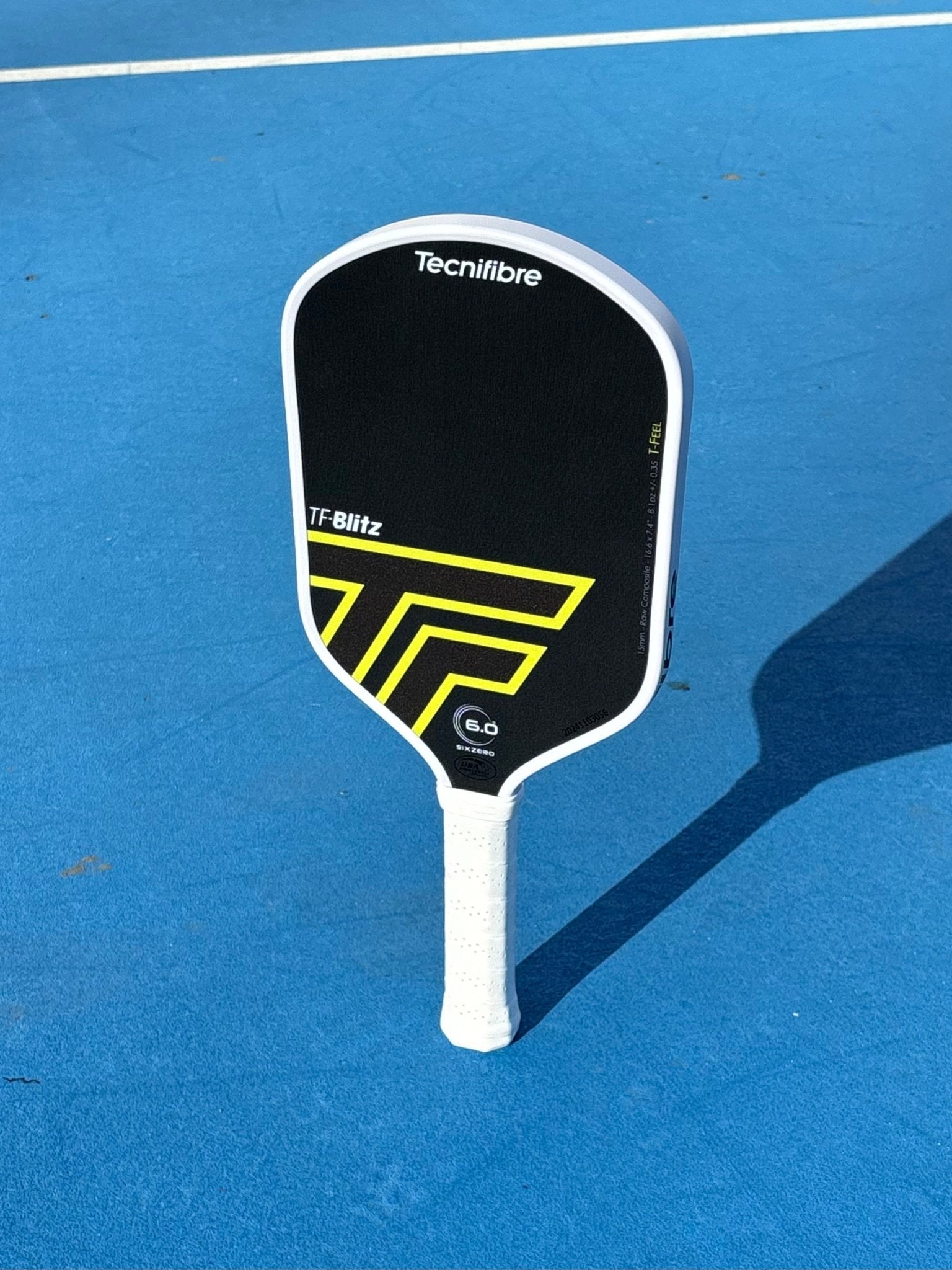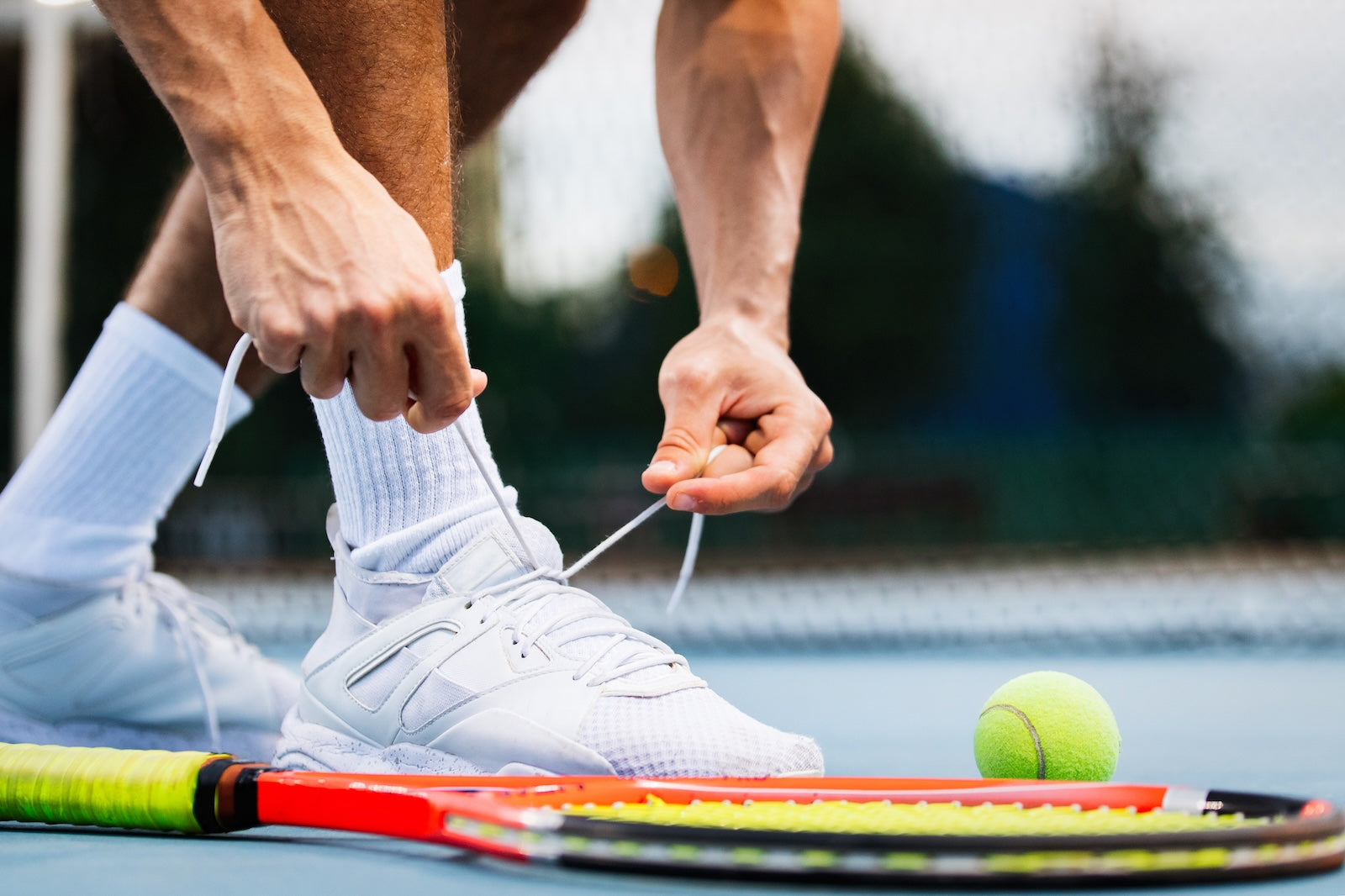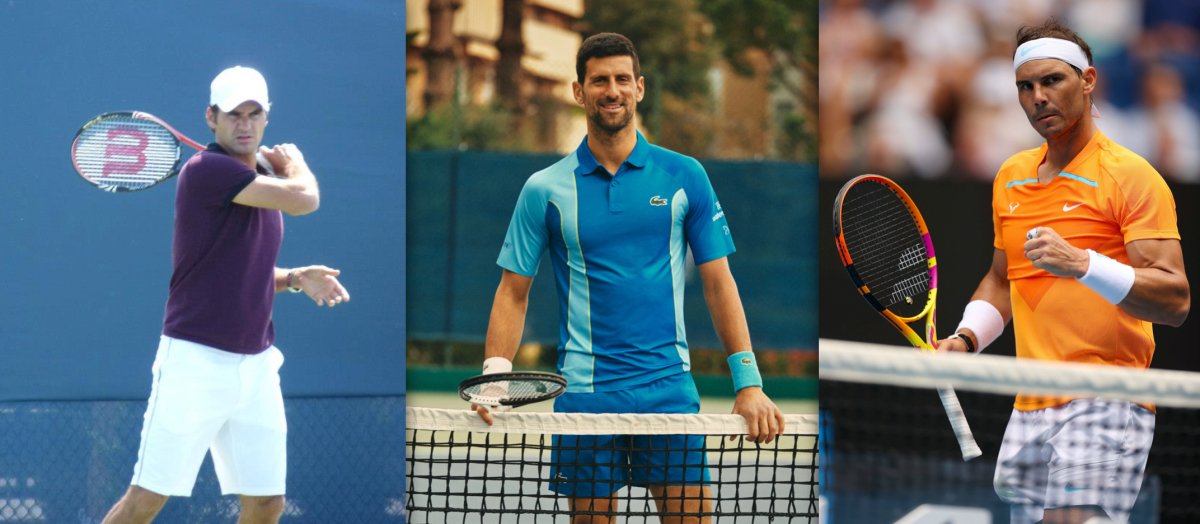Why Tennis is the Ultimate Mental Game: An In-depth Exploration
Introduction
While tennis is often celebrated for its physical demands—swift movements, agility, and endurance—less obvious are the mental demands it places on players. In this in-depth article, we explore the psychological aspects that make tennis the ultimate mental game.
1. The Psychology of Focus in Tennis
Focus in tennis extends beyond merely concentrating on the ball. Players must be attentive to their opponent's body language, the wind direction, and even the crowd's energy. Former world No. 1, Billie Jean King, often mentioned the concept of 'being in the zone,' where the player is so engrossed in the game that all distractions fade away. Novak Djokovic’s ability to focus during intense tiebreakers exemplifies this concept perfectly.
2. Mental Resilience: Handling Pressure in High-Stakes Matches
Pressure in tennis can come from various angles—time, the crowd, the opponent, or even from within. The 2019 Wimbledon final between Novak Djokovic and Roger Federer had several tiebreakers and went on for almost five hours. The mental wear and tear of such a match is enormous, yet Djokovic prevailed, showcasing his exceptional mental resilience.
3. Mastering Emotional Control on the Tennis Court
Emotions can run high during competitive matches, leading to both outbursts and moments of elation. However, legends like Rod Laver and Rafael Nadal are often lauded for their emotional control. By maintaining a level head, they have been able to stage incredible comebacks, converting potential losses into dramatic wins.
4. Strategic Thinking: The Mental Gameplan in Tennis
Tennis is a tactical game, requiring players to read the opponent’s game, strategize, and adapt. Monica Seles, for instance, was known for her aggressive playstyle and strategic shot placement, which caught many opponents off guard. Even recreational players find that a little strategic thinking can give them an edge over physically stronger competitors.
5. The Role of Mental Conditioning in Tennis Excellence
Mental preparation is as crucial as physical training. Many professionals, including Venus Williams, have spoken about their use of psychology professionals to prepare for matches. Cognitive behavioral techniques, mindfulness, and even hypnotherapy are used by athletes to condition their minds for peak performance.

6. Pre-Match Routines: The Underestimated Mental Tool
Routine is often overlooked but plays a crucial role in mental preparedness. From Rafael Nadal's meticulous pre-serve rituals to Serena Williams bouncing the ball five times before her first serve, these routines help players center themselves, enhancing focus and reducing anxiety.
7. The X-Factors: Grit and Determination in Tennis Success
Aside from these measurable attributes, there are intangible qualities like 'grit' and 'determination,' often cited when discussing champions. These characteristics aren't easy to quantify but play an undeniable role in a player's mental makeup.

Conclusion: The Multifaceted Psychological Demands of Tennis
From focus and emotional control to strategic acumen and mental resilience, tennis demands a complex blend of psychological attributes. These often-overlooked aspects are integral to the game, making tennis a sport where the mental often outweighs the physical.












Leave a comment
All comments are moderated before being published.
This site is protected by hCaptcha and the hCaptcha Privacy Policy and Terms of Service apply.